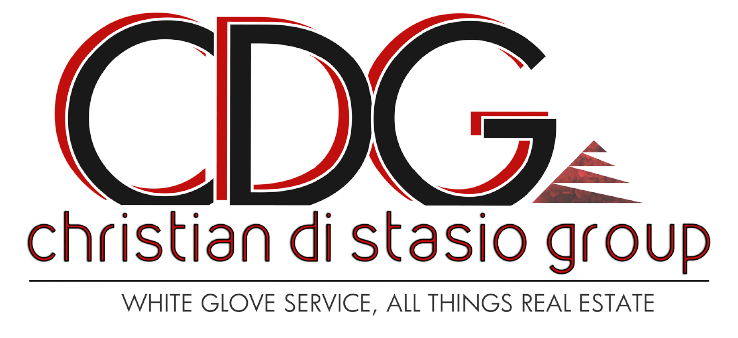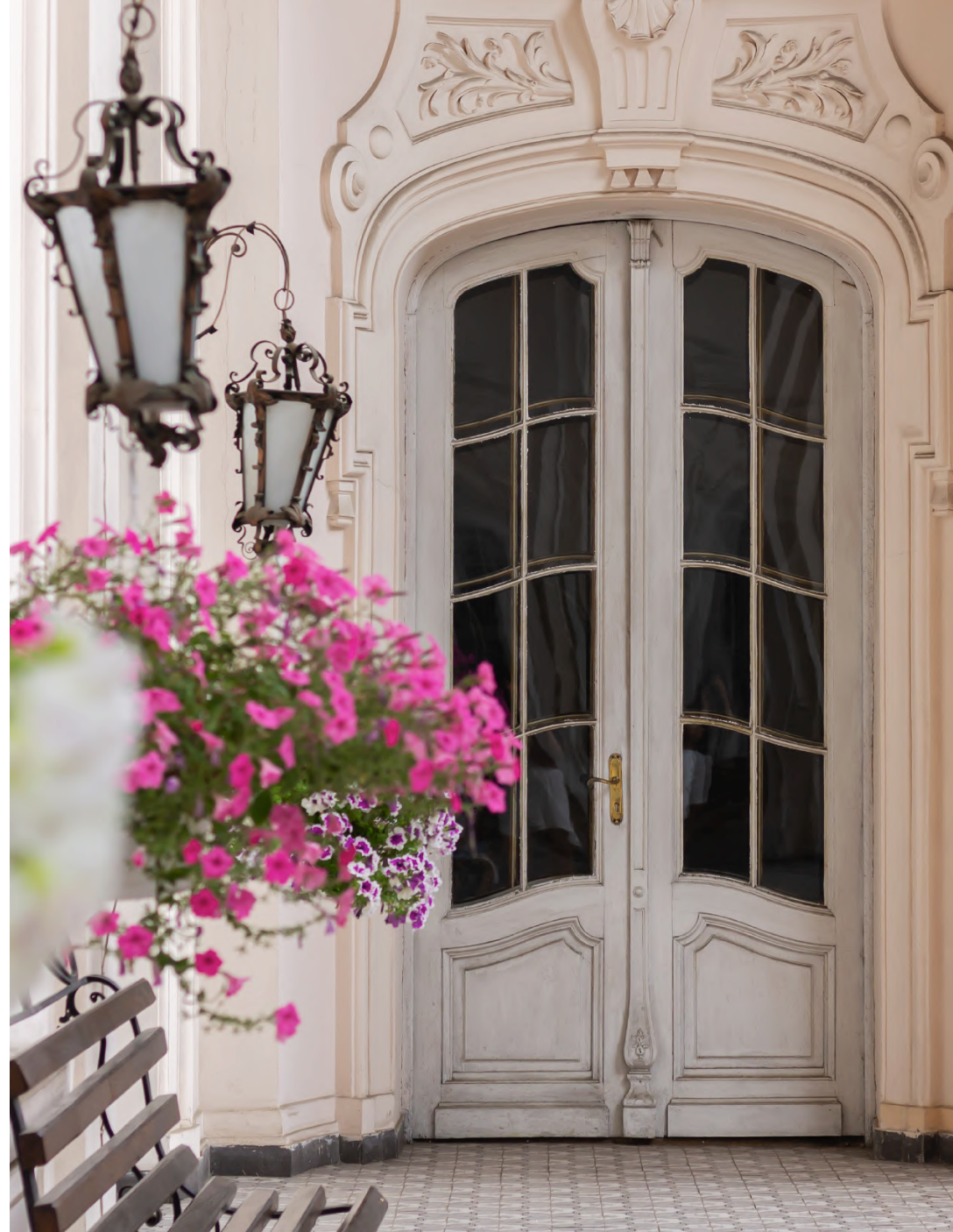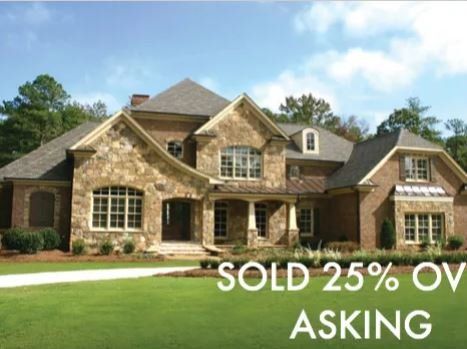Understanding Residential Properties: Types, Features, and Investment Benefits
What Type Of Property And What Is Important To You?
Introduction
When it comes to real estate, choosing the right property is crucial whether you're looking for a place to call home or an investment opportunity. Residential properties offer a range of benefits and come in various types, each suited to different lifestyles and investment strategies. This guide will explore what residential properties are, their types, features, benefits, and how to choose the one that best meets your needs.
Section 1: Types of Residential Properties
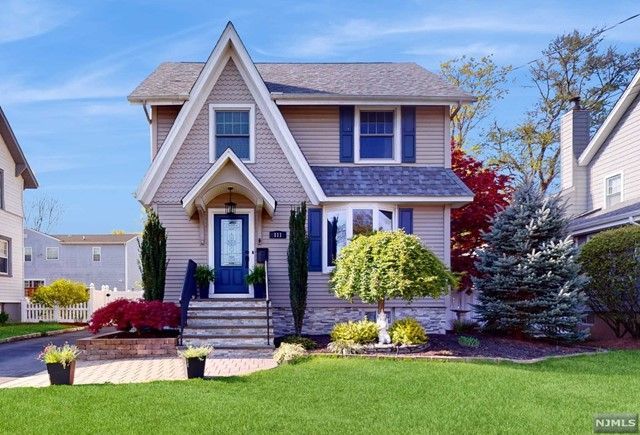
Single-Family Homes
● Customization Freedom: Unlike multi-unit residential properties, single-family homes offer the freedom to customize your living space without constraints, embodying the residential meaning of personal space and individuality.
● Enhanced Privacy: As detached units, single-family homes provide enhanced privacy, a key property feature that many find essential in a residential property.
● Investment Value: Single-family homes often represent a stable investment due to their popularity in the residential property market, aligning with the purpose residential properties serve in building financial equity.
● Community Integration: Living in a single-family home often means more opportunities for community involvement and establishing long-term ties with neighbors, a valued aspect of residential life.
Apartments
● Maintenance-Free Living: One of the key property features of apartments is the inclusion of maintenance services, which alleviate the usual homeownership burdens, highlighting the purpose residential complexes serve.
● Security Enhancements: Apartments often come with advanced security systems and on-site guards, a significant aspect of residential property safety, reflecting the residential definition of secure living environments.
● Social Opportunities: Living in an apartment provides numerous social interactions within the building, fostering a sense of community integral to the residential meaning of urban living.
● Accessibility: Many apartments are strategically located near essential amenities and public transport, enhancing the convenience of urban life and embodying what is residential convenience in a metropolitan setting.
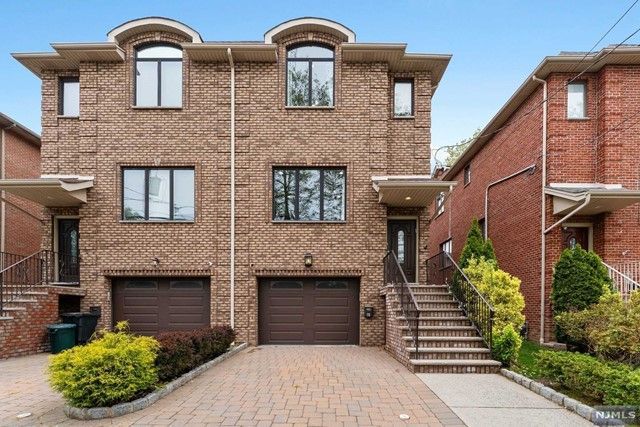
Condominiums (Condos)
● Equity Building: Owning a condo allows individuals to build equity, a central purpose residential properties offer, contrasting with the typically transient nature of renting.
● Community Management: Condos often have a homeowners' association (HOA) that manages the property features and upkeep, ensuring a well-maintained living environment which aligns with the residential definition of communal living.
● Flexible Lifestyle: Condos provide a flexible lifestyle choice, suitable for various life stages, from young professionals to retirees, reflecting the diverse residential meaning within the housing market.
● Strategic Locations: Condos are frequently located in desirable urban areas, close to amenities and business districts, epitomizing what is residential convenience and accessibility.
Townhouses
● Ownership Benefits: Townhouses provide ownership of both the interior and the land, enhancing the residential property value and offering a sense of permanence and stability, aligning with the core purpose residential properties serve.
● Community Living: Typically, townhouses are part of a community with shared amenities such as parks and pools, enriching the residential meaning and lifestyle for residents.
● Cost-Effectiveness: Sharing walls helps reduce construction and maintenance costs, making townhouses a cost-effective residential property option compared to single-family homes.
● Design and Privacy: With multiple floors, townhouses offer a smart design that maximizes living space and provides greater privacy than single-level residential properties, embodying a unique blend of property features.
Mobile Homes
● Economic Viability: Mobile homes provide an economical residential property option, reducing both initial investment and ongoing maintenance costs, making them an essential part of the residential properties market.
● Location Flexibility: The transportable nature of mobile homes offers unique flexibility in location choice, aligning with the residential definition of adaptable living.
● Simplified Living: Smaller space and minimalistic design promote a simplified lifestyle, often attracting those seeking to minimize their living expenses and environmental footprint, a modern interpretation of what is residential simplicity.
● Community Settings: Many mobile homes are situated within dedicated parks where residents can enjoy shared property features such as communal areas and social activities, fostering a sense of community among residentials.
Multi-Family Homes
● Income Generation: Multi-family homes are a popular residential property choice for investors seeking consistent rental income, epitomizing the purpose residential investments serve.
● Cost Efficiency: Sharing building infrastructure among multiple units reduces overall maintenance costs, enhancing the affordability of these residential properties.
● Flexible Living Options: Owners can choose to live in one unit while renting out others, blending personal residence with investment, a unique property feature of multi-family homes.
● Community Building: Living in close proximity promotes a sense of community and interaction among residents, aligning with the residential meaning of community-oriented living spaces.
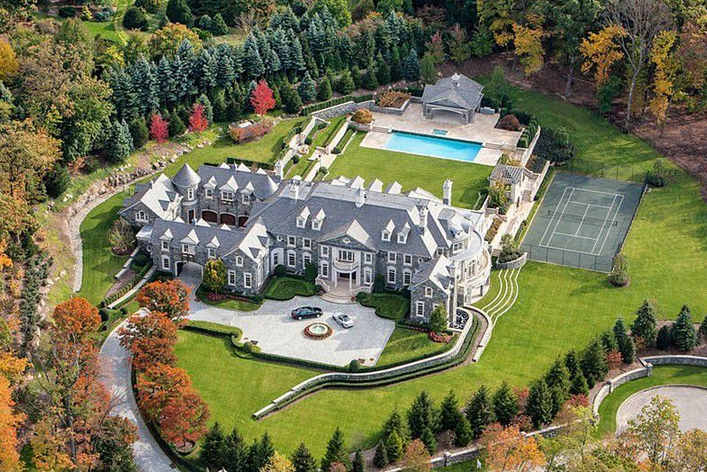
Section 2: Benefits of Investing in Residential Properties
Investing in residential properties can provide steady rental income, significant appreciation in property value, and tax advantages. The stability of residential real estate makes it a preferred choice for long-term investments.
Highlighted Section: What Type of Property Suits Your Needs?
It's up to you to decide which type of property will help you reach your goals. Whether it’s residential or investment, you have several options: a traditional single-family home, a townhouse, a condominium, a cooperative, a multi-family building, or commercial real estate. Each option has its pros and cons, depending on your ownership goals.
Section 3: Comparison with Other Property Types
While residential properties are primarily for living purposes, commercial properties are used for business activities. Understanding the differences can help you choose the right property type based on your investment strategy and lifestyle
Section 4: Managing Residential Properties
Effective property management is key to maximizing the benefits of owning residential real estate. Utilizing a Property Management System (PMS) can streamline operations, improve tenant satisfaction, and increase profitability.
Highlighted Section: What Specific Features Will Your Ideal Property Have?
You’re making perhaps the biggest purchase of your life when buying real estate. You deserve to have that purchase fit both your needs and goals as closely as possible. Your list should include basic needs such as your preferred town, neighborhood, school systems, parks, transportation, property size and style, number of bedrooms and bathrooms, etc. It's good to keep some flexibility in this list, however. Outside of building from the ground up, it's nearly impossible to get every box of your wishlist checked off.
Conclusion
Choosing the right residential property involves understanding the different types, their features, and how they align with your personal and financial goals. By considering what type of property suits your needs and the specific features you want, you can make a well-informed decision that enhances your quality of life and investment portfolio.
By providing a thoughtful overview of residential real estate, this guide aims to empower you to make the best choices in your real estate journey. Whether for personal use or investment, the right property awaits those who do their homework and understand their own needs and the market.
FAQs
What is a residential property?
A residential property is a real estate designated for living purposes, as opposed to commercial or industrial use.
What are the main types of residential properties?
The primary types include single-family homes, apartments, condominiums, townhouses, mobile homes, and multi-family homes like duplexes.
What are the advantages of owning a single-family home?
Single-family homes offer privacy, ownership of land, and greater control over the property environment.
How do condos differ from apartments?
Condos are owned rather than rented and typically offer additional amenities like pools, gyms, and security.
What benefits do townhouses offer?
Townhouses combine the benefits of condos and single-family homes, often including ownership of land and shared amenities.
Why might someone choose a mobile home?
Mobile homes provide affordability and flexibility, appealing to those seeking lower-cost housing options.
What are the benefits of investing in residential properties?
Benefits include potential rental income, property value appreciation, and tax advantages.
How can I decide which type of property is right for my needs?
Consider your lifestyle, budget, and long-term goals. Evaluate each property type's pros and cons relative to these factors.
What should I look for in a residential property?
Key factors include location, property size, number of bedrooms and bathrooms, access to amenities, and the condition of the property.
How can a Property Management System (PMS) enhance residential property management?
A PMS can streamline operations, improve tenant satisfaction, and boost the profitability of property investments by automating and organizing management tasks.




WE SPECIALIZE IN: houses for sale in Paramus NJ, Paramus NJ Real Estate, Bergen County NJ Realtor, houses for sale in Wyckoff NJ, Wyckoff NJ Realtor, Westwood NJ Realtor, Franklin Lakes NJ Real Estate, Franklin Lakes NJ Realtor, Westwood NJ Real Estate, houses for sale in Ridgewood NJ, houses for sale in Franklin Lakes NJ, houses for sale in Bergen County NJ, Wyckoff NJ Real Estate, Paramus NJ Realtor, Ridgewood NJ Realtor, Bergen County NJ Real Estate, Ridgewood NJ Real Estate


